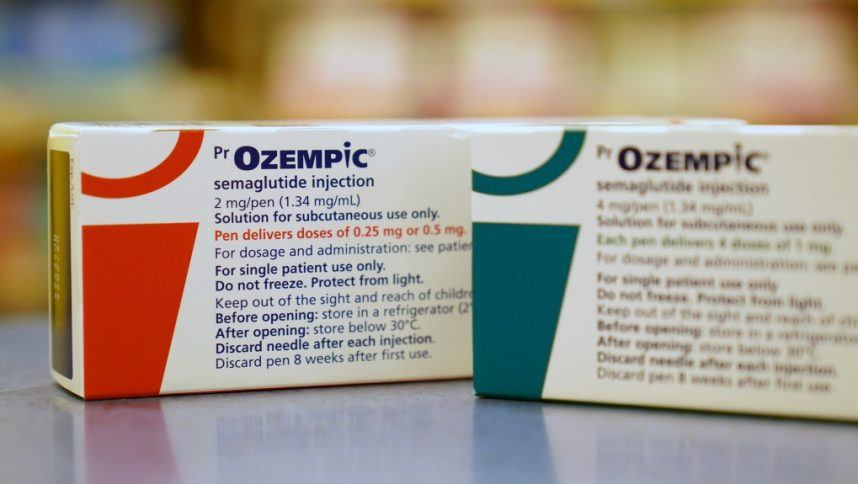GLP-1s Could Have Long-Term Ramifications for iGaming
Posted on: July 18, 2025, 12:23h.
Last updated on: July 18, 2025, 12:23h.
- Weight loss drugs could damp impulse spending
- Expert sees possibility of small decline in iGaming, casino spending over time
Whether it’s Mounjaro, Ozempic, Wegovy, or Zepbound, among others, there’s no denying weight loss drugs are popular and the market is expected to continue booming in the coming years, but increased adoption of those pharmaceuticals could have implications for the gaming industry.

Weight loss drugs, also known as GLP-1 inhibitors, counter an emotion casinos and sportsbooks have long profited from: impulse. Said another way, injectable medications such as Ozempic, Mounjaro, Wegovy and Zepbound damp impulsive behaviors in users. Some experts believe that could reduce gaming-related expenditures over time.
The drugs have the potential to promote greater impulse control, and effectively train users to be more moderate in consumption patterns and behaviors,” said Scott Steinberg, a business futurist and trends expert, in comments supplied to Casino.org.
GLP-1s are still a relatively young pharmaceuticals offering and Steinberg acknowledges a full body of research on the drugs’ impulse controls isn’t yet available, but it is possible that over time, the drugs will reduce compulsion in users. That could lead to reduced online spending, including in iGaming forums.
GLP-1s Won’t Kill iGaming, But There Could Be Positives
GLP-1s, including weight loss drugs and others, are classified as receptor agonists. Without getting bogged down in medical jargon, that means those drugs can exert influence over the brain’s risk and reward centers.
In the case of weight loss, a product like Ozempic or Wegovy can gently alter the risk/reward center in a user’s brain to reduce cravings or whimsical consumption of food. How that plays out in betting hasn’t been extensively studied as of yet, but the likely outcome is that GLP-1 users walking through a casino or engaging in iGaming would be less prone to “one more hand” or “one more spin” lines of thinking.
That doesn’t mean weight loss drugs will cripple the gaming industry. They won’t. iGaming is experiencing rapid growth and that’s against the backdrop of increased GLP-1 use. What could occur is that GLP-1 users that are also bettors could garner more control over their instincts, potentially creating a scenario in which they lose less money per sitting while becoming controlled though long-term gamblers.
“A tamping down of appetites and greater ability to engage in impulse control may lead to more deliberate and less frequent betting,” adds Steinberg. “Which isn’t to say that that you’ll suddenly see a major drop in gambling or real/online world casino activity overnight. Rather, that as more end users become better able to self-regulate and control their habits, that impulse or small buys may decline over time.”
Not First Time GLP-1s Highlighted as Gaming Headwind
Steinberg’s comments on the potential long-term ramifications on the gaming industry by way of rising GLP-1 consumption are credible because it’s an issue that’s been discussed before, though not frequently.
In 2023, Bank of America highlighted multiple industries, including gaming, that could be affected by upticks in weight loss drug usage. Analyst Shaun Kelley estimated that 10% to 30% gaming industry revenue is derived from bettors with problematic wagering patterns and a significant portion of them are overweight.
He added that could create a revenue headwind of up to 4% for the industry with regional casinos likely being vulnerable to increased GLP-1 usage than gaming venues in destination markets like Las Vegas.
No comments yet